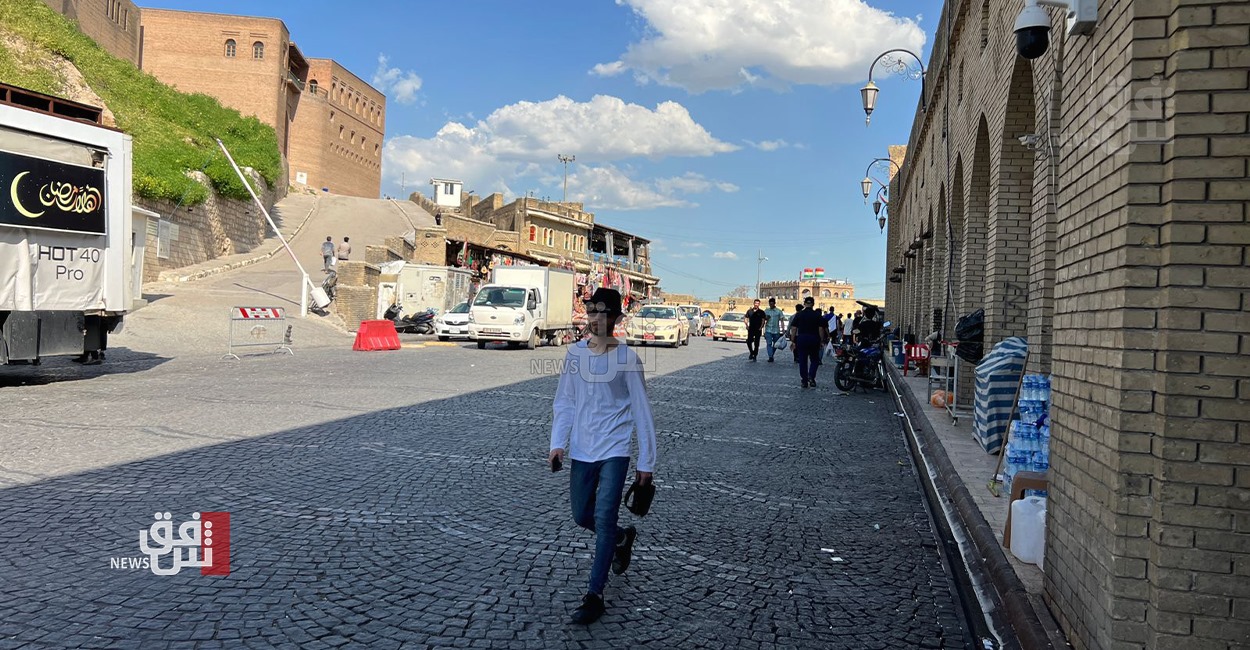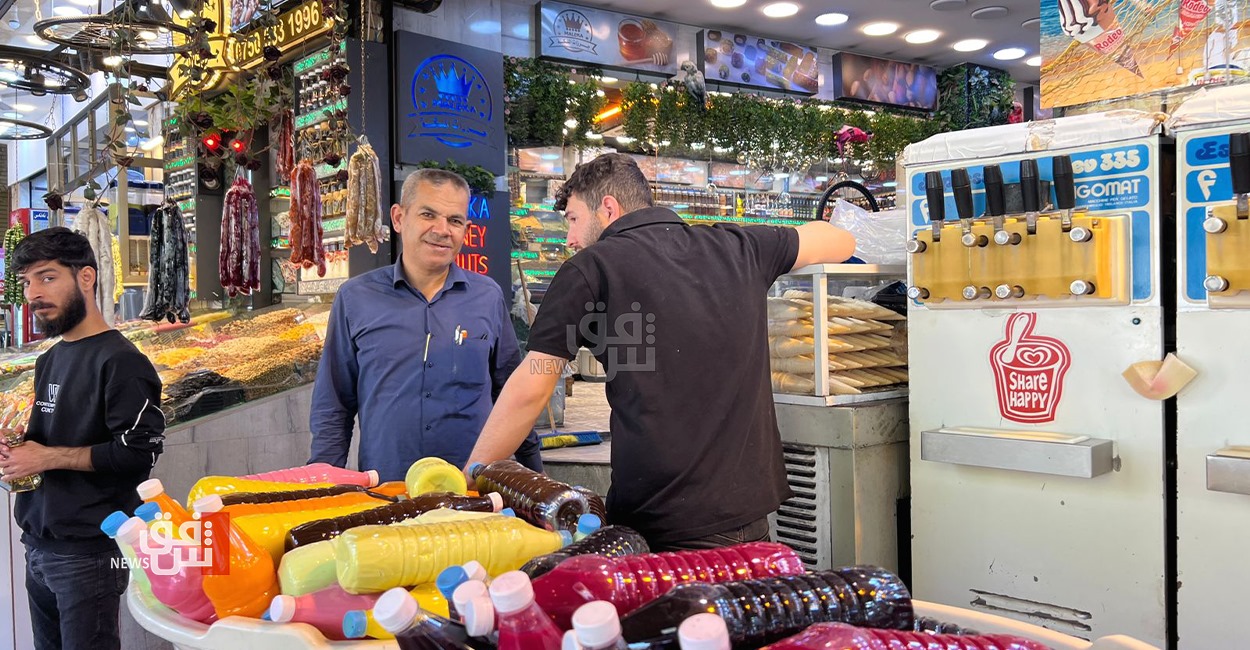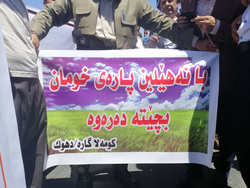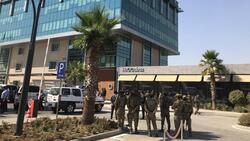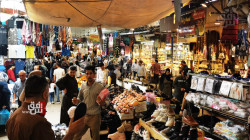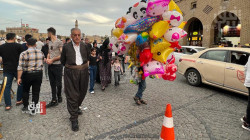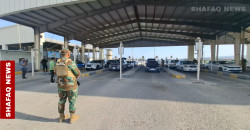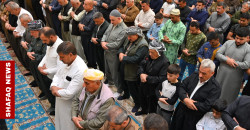Looming Eid casts shadow in Erbil as political wrangling dampens market spirit
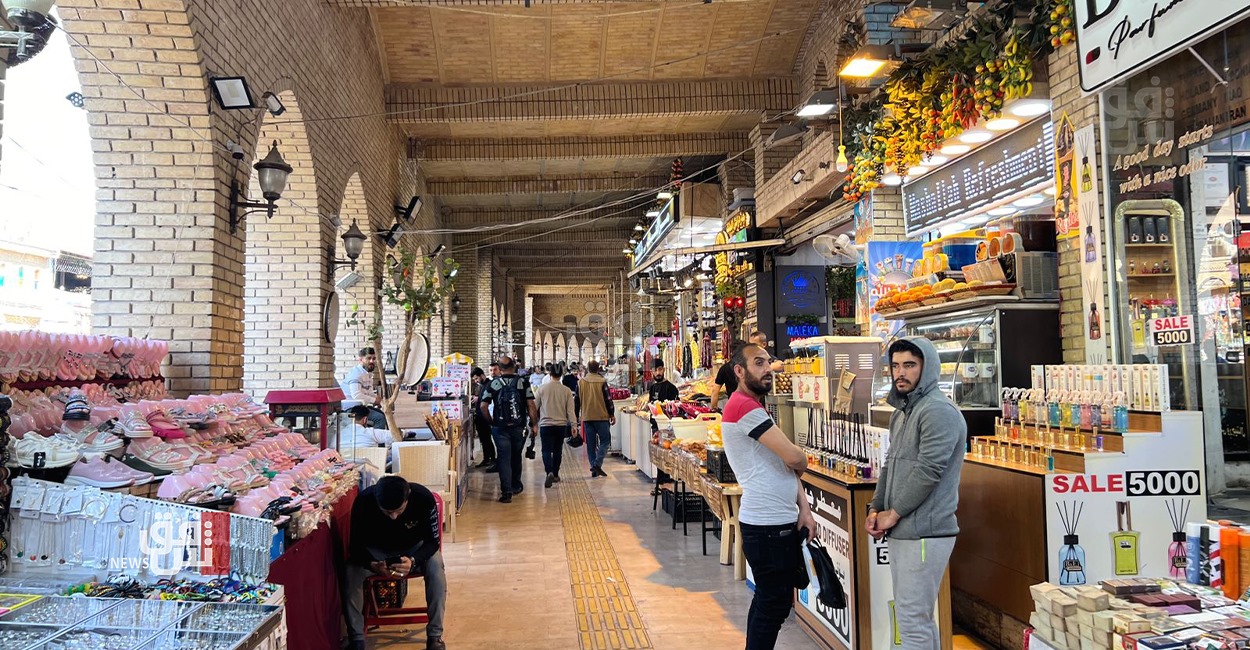
Shafaq News/ The festive spirit of Eid al-Fitr is noticeably muted in Erbil this year, with political discord casting a long shadow over the city's usually vibrant markets. The economic activity, a key barometer of pre-Eid preparations, has been markedly impacted by the nearly two-month delay in salary disbursements for public sector employees.
While the recent distribution of February salaries offered a temporary reprieve, the lingering effects are evident in the subdued market atmosphere.
"The situation in the Erbil market is far from what we'd expect at this time leading up to Eid," Qader Abdullah, a shopkeeper, told Shafaq News Agency. "In previous years, these weeks would see customers flocking in the market, a festive buzz in the air. This year, it's a different story altogether. The delayed salaries have dealt a heavy blow to the markets."
Abdullah emphasizes the human cost of the political stalemate in the semi-autonomous region. "The salary issue, at the core, is a political issue, not an economic one. It's a dispute between the central government in Baghdad and the Kurdistan Regional Government (KRG)," he posited. "But the ones who suffer the most are the ordinary citizens of Kurdistan. Delayed salaries cripple their purchasing power, and that paralyzes the markets."
On March 27, Prime Minister Masrour Barzani directed the Ministry of Finance and Economy to expedite the disbursement of February salaries and prioritize securing funds for upcoming months.
However, residents like Abdul Majid Shwan remain apprehensive. "The February salaries did provide some relief, a temporary boost to the markets," he told Shafaq News. "But it wasn't enough. The lack of guarantees for future salary payments creates a lot of anxiety. People are holding onto their money, unsure of what lies ahead."
While the prices of goods haven't witnessed any significant spikes in the lead-up to Eid, another concern plagues the market sentiment - the ongoing political tensions between Erbil and Baghdad.
"Thankfully, the prices haven't skyrocketed as we approach Eid. But the bigger problem lies in the political disputes," Sameer Hamad, another business owner, said. "Any statement, any decision made at the top can have a ripple effect, impacting the markets for days. We just hope these tensions can be resolved for the sake of everyone's well-being."
On February 21, the Federal Supreme Court, Iraq's top court, ordered the federal government to "centralize" the salaries of Kurdistan's public servants in federal banks, a move critics believe that it complicates the situation and undermines the federal system in the country.


